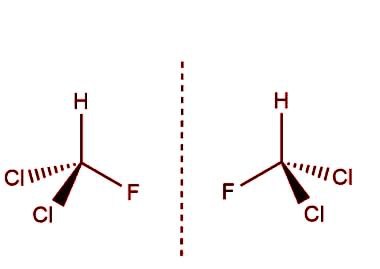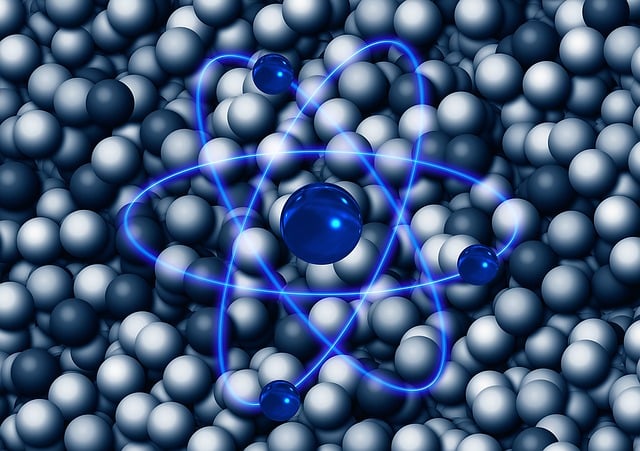What is energy in physics?
In physics, energy is the ability to do work or transfer heat. It is a scalar quantity. In other words, it has magnitude but no direction. Energy exists in various forms such as kinetic energy, potential energy, thermal energy, electrical energy, and nuclear energy. It is an essential concept in many areas of physics, such as mechanics, thermodynamics, and electromagnetism.
OR
Energy is a physical quantity that describes the ability of a system to do work. It is the ability to effect change or perform mechanical work. Energy comes in many forms, including kinetic, potential, thermal, electrical, chemical, and nuclear.
OR
Energy is the property that enables a body or system to do work or transfer heat. In physics, energy is the ability to do work and can take many forms such as kinetic, potential, thermal, electrical, chemical, or nuclear. It is a fundamental concept in physics and is often measured in units of joules (J).
OR
Energy is a physical quantity that refers to the ability to do work or cause change. It can take various forms, including kinetic energy (the energy of motion), potential energy (stored energy due to an object's position or state), thermal energy (the energy of a system due to its temperature), and electrical energy (the energy of moving electrons). Energy is an important concept in physics as it is fundamental to understanding the behavior of matter and the interactions between different physical systems.
OR
In physics, energy is the property of matter and radiation, the ability to do work or produce heat. It is measured in joules and expressed in various forms such as kinetic energy, potential energy, thermal energy, and electromagnetic energy.
Energy is a fundamental concept in physics as it is necessary for the functioning of the universe and all physical processes.
Types of energy in physics
There are many types of energy in physics, including:
Kinetic energy: The energy of motion, such as the energy of a moving object or a flowing fluid.
Potential energy: Energy stored in an object or system due to its position, shape, or state.
Thermal Energy: The energy of random motion of atoms and molecules in matter.
Electrical Energy: Energy associated with electric charges and electric fields.
Magnetic Energy: Energy associated with a magnetic field.
Nuclear Energy: The energy released by nuclear reactions such as fusion and fission.
Gravitational Energy: Energy associated with gravity.
Chemical Energy: The energy stored in the bonds between atoms in compounds.
Acoustic Energy: The energy of vibrating particles. For example, sound wave energy
Light Energy: The energy of electromagnetic waves, such as the energy of visible light.
Let me know if you have more questions or if there is a specific topic that you would like to know more about.





If you have any doubts, please let me know